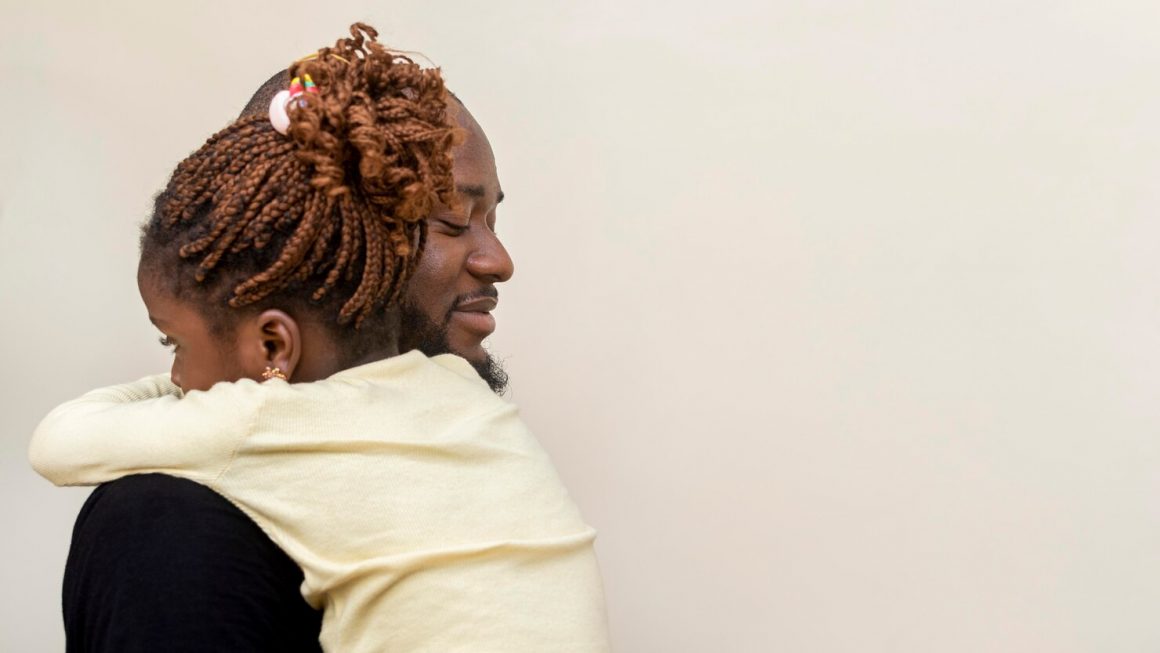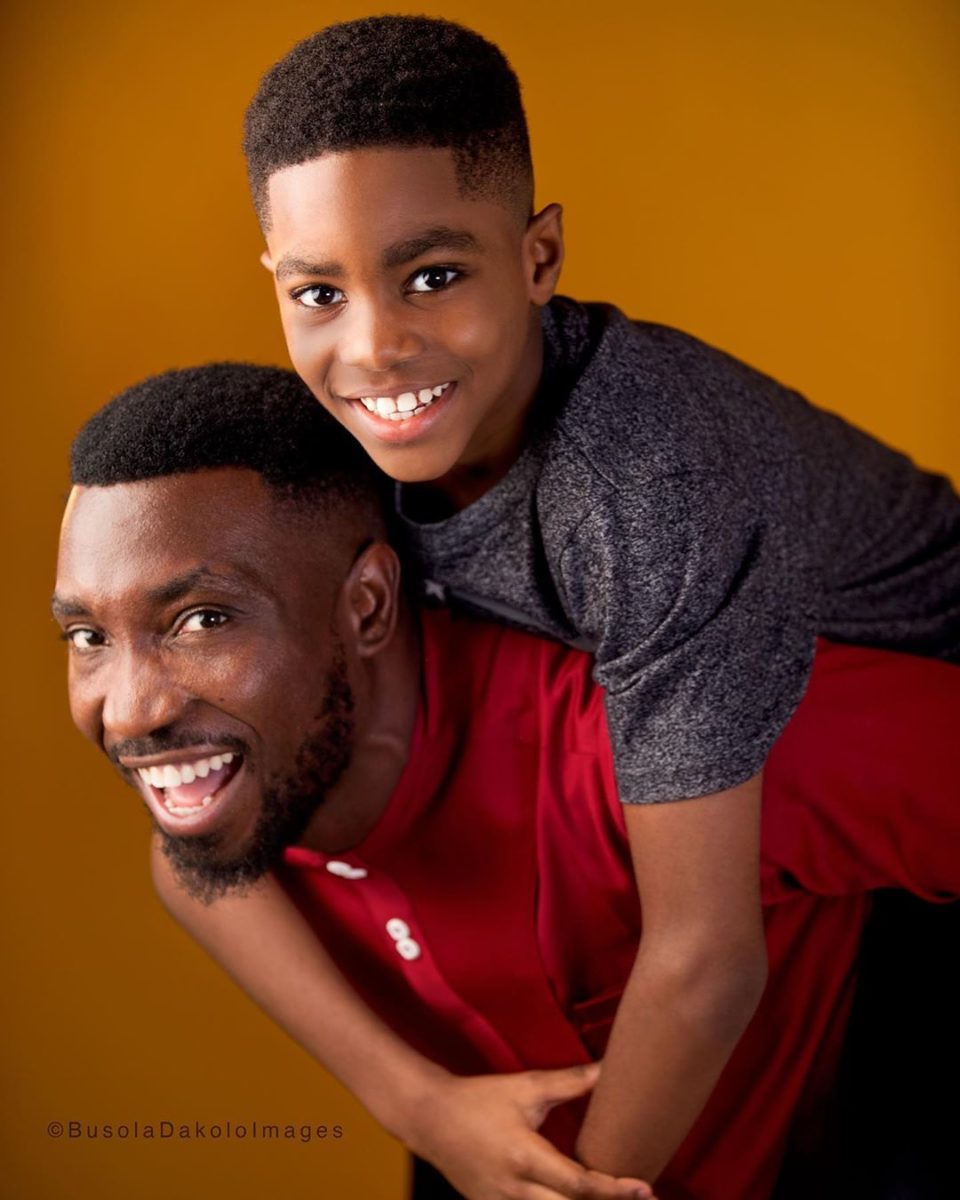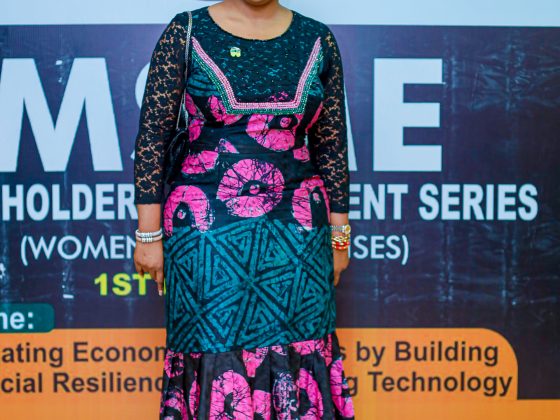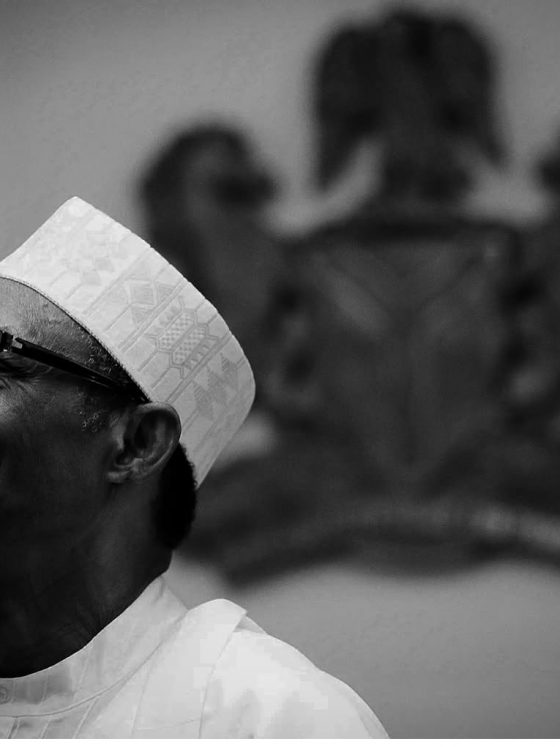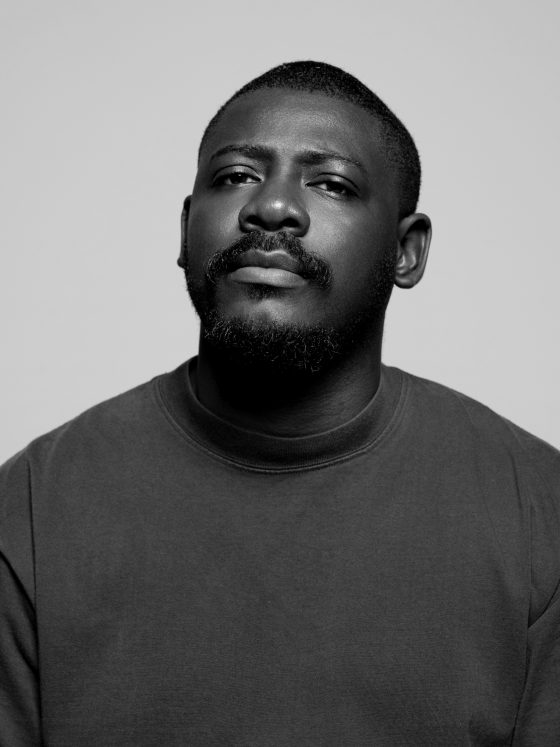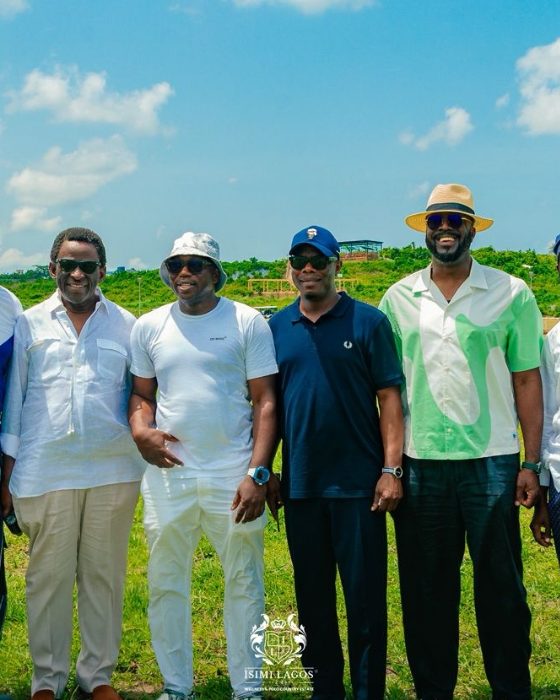Gone are the days when dads were merely the stern disciplinarians or the distant breadwinners of the family. Today’s fathers are breaking moulds and embracing a more hands-on, emotionally tuned approach to parenting, redefining what it means to be a dad in the 21st Century.
In the not-so-distant past, the typical image of a father might have been a man returning home from work, briefcase in hand, just in time to pat his kids on the head before bedtime. Fast forward to today, and the dynamics of fatherhood have transformed dramatically. Modern dads are challenging old stereotypes and redefining what it means to be a father in today’s world.
The evolution of the modern dad can be seen in various dimensions of family life. From sharing household responsibilities to being actively involved in childcare, dads today are embracing roles that were once primarily associated with mothers. The change is not just anecdotal; it is supported by increasing sociological research and demographic trends showing that fathers are seeking a more hands-on, emotionally fulfilling connection with their children.
In this new era, modern dads are just as likely to be seen changing diapers, mastering the art of French braiding for school mornings, or diligently doing school runs as their female counterparts. These changes are not just about sharing the workload; they’re about embracing all aspects of parenting with open arms and a full heart.
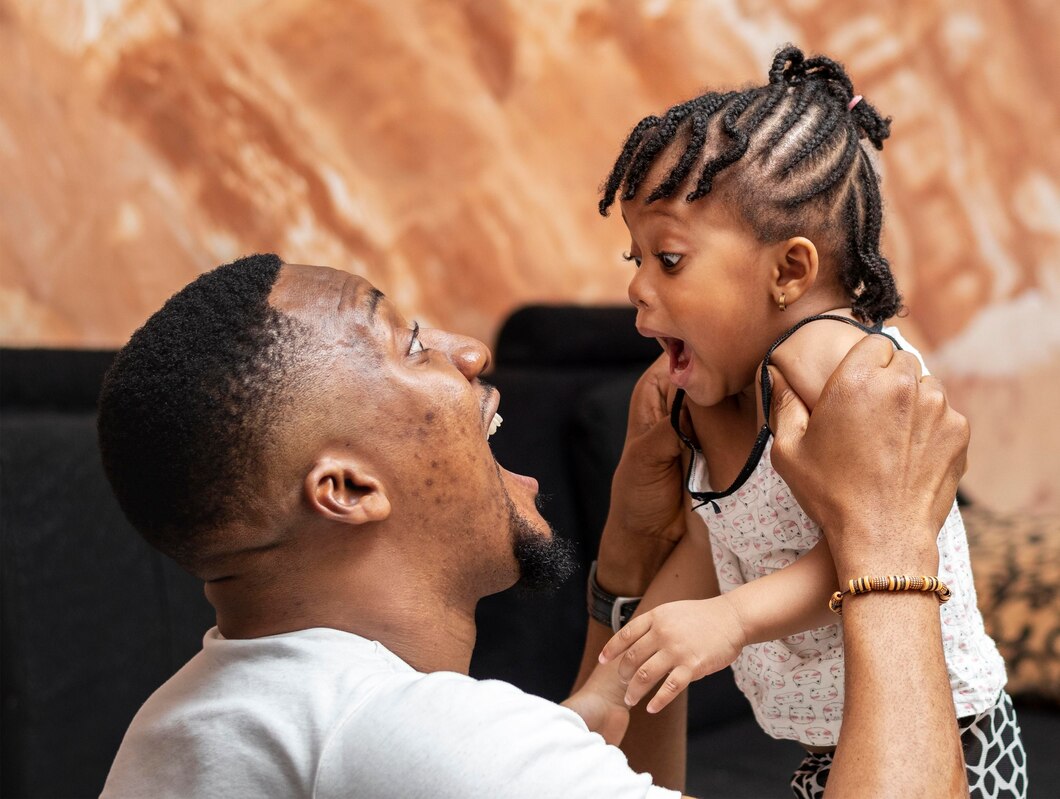
Changing Perspectives
Why the shift? Societal changes and evolving gender norms have played significant roles. As more mothers have entered the workforce, parenting has naturally transitioned to a more equal sharing of duties. Moreover, cultural shifts have encouraged men to redefine masculinity, allowing them to express nurturing qualities without stigma.
But it’s not just about sharing chores and changing diapers. Modern dads are also redefining their roles within the emotional landscape of the family. Fathers today are just as likely as mothers to be seen comforting their child after a bad dream or discussing their child’s day in detail. This emotional availability is a significant shift from the more stoic, reserved father figures of the past.

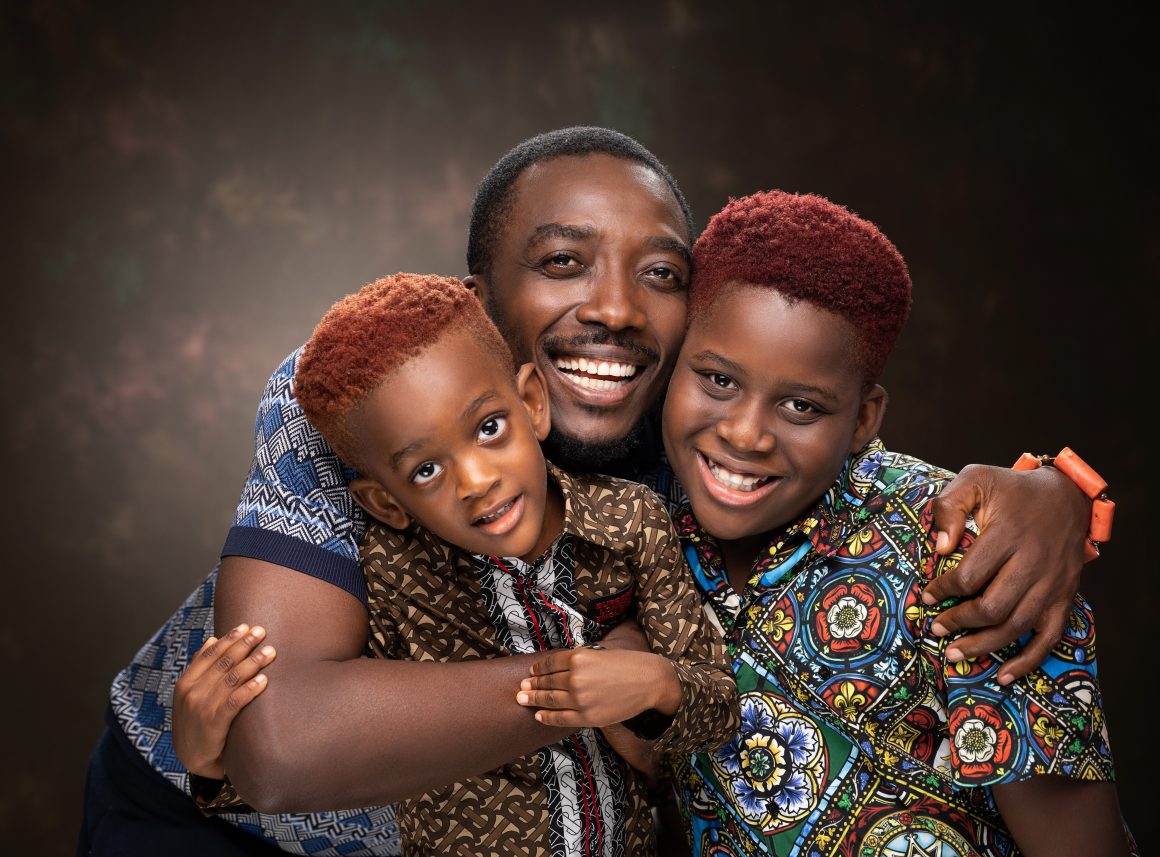
Supportive Systems and Challenges
Despite the progress, many dads still face societal expectations to prioritize work over family life, and the balance between the two can be precarious. Additionally, the journey of redefining fatherhood isn’t uniform across cultures and economic backgrounds, making it clear that there’s still much work to be done to ensure all fathers have the opportunity to be involved in their children’s lives in meaningful ways.
Workplace policies, for instance, have been slow to catch up with changing family dynamics. While maternity leave is a well-established concept, paternity leave is still battling for recognition and acceptance in many parts of the world. The good news is that there’s growing awareness and advocacy for paternity rights, which is helping to gradually reshape policies.
The Impact on Children
The involvement of fathers in active parenting has been shown to have profound benefits for children. Studies have linked positive father involvement with better social, emotional, and educational outcomes in children. Kids with engaged dads are often more confident, better able to handle stress and develop stronger social bonds.
Moreover, seeing their fathers in nurturing roles helps to break down gender stereotypes for the next generation. Both sons and daughters benefit from seeing their fathers embrace caregiving and emotional support roles, setting a new standard for what they might expect from male figures.
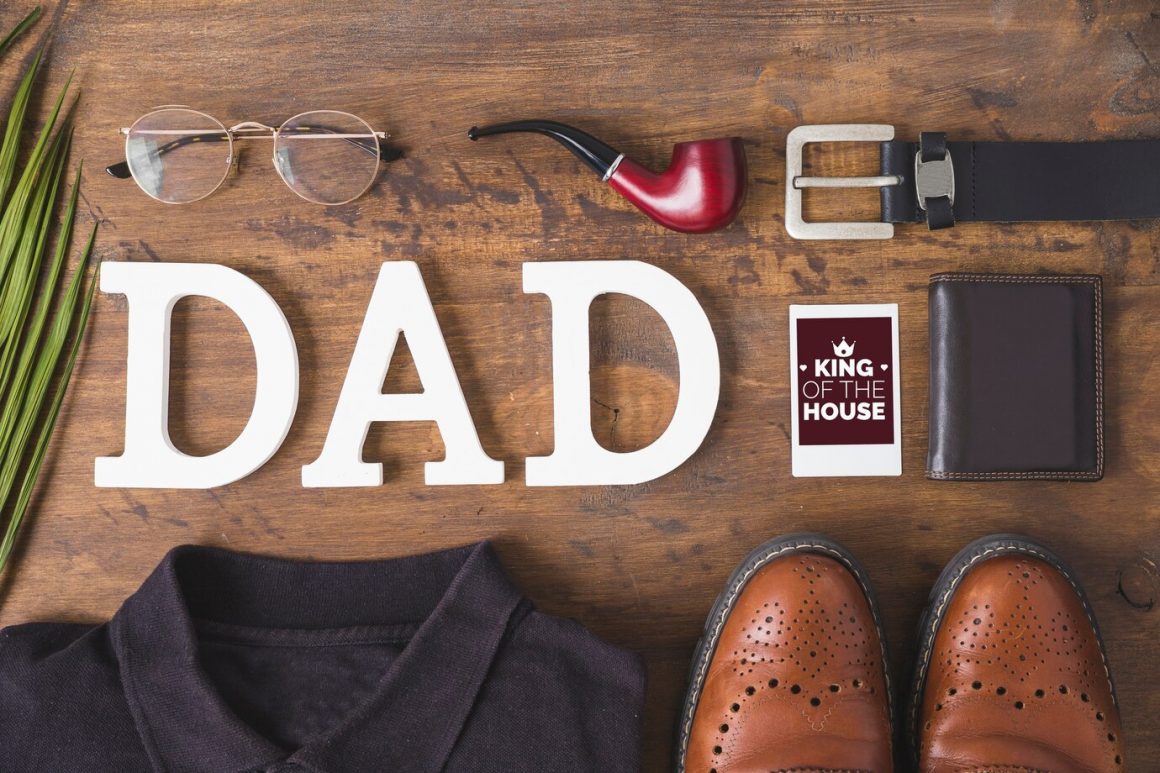
The Cultural Lens
However, the modern dad’s narrative varies widely across different cultures. While some societies have embraced these changes rapidly, others are on a slower trajectory. It’s fascinating to see how the concept of fatherhood is being reinvented globally, influenced by local customs, economic conditions, and social norms.
In some cultures, the changing role of dads has sparked a broader conversation about masculinity and vulnerability. It’s a powerful shift that not only affects how men perceive themselves but also how they are perceived by society. This redefinition can lead to healthier lifestyles, improved mental health, and stronger family bonds.
The essence of what it means to be a dad in the 21st Century will continue to evolve. With each small step forward, we not only pave the way for more fulfilling father-child relationships but also contribute to a broader cultural shift that values and supports active fatherhood. Modern dads are not just redefining fatherhood; they’re revolutionizing it, demonstrating that being a good parent isn’t about adhering to traditional roles but about loving and leading with heart and courage. And in this brave new world, the role of dads is not just important—it’s indispensable.
